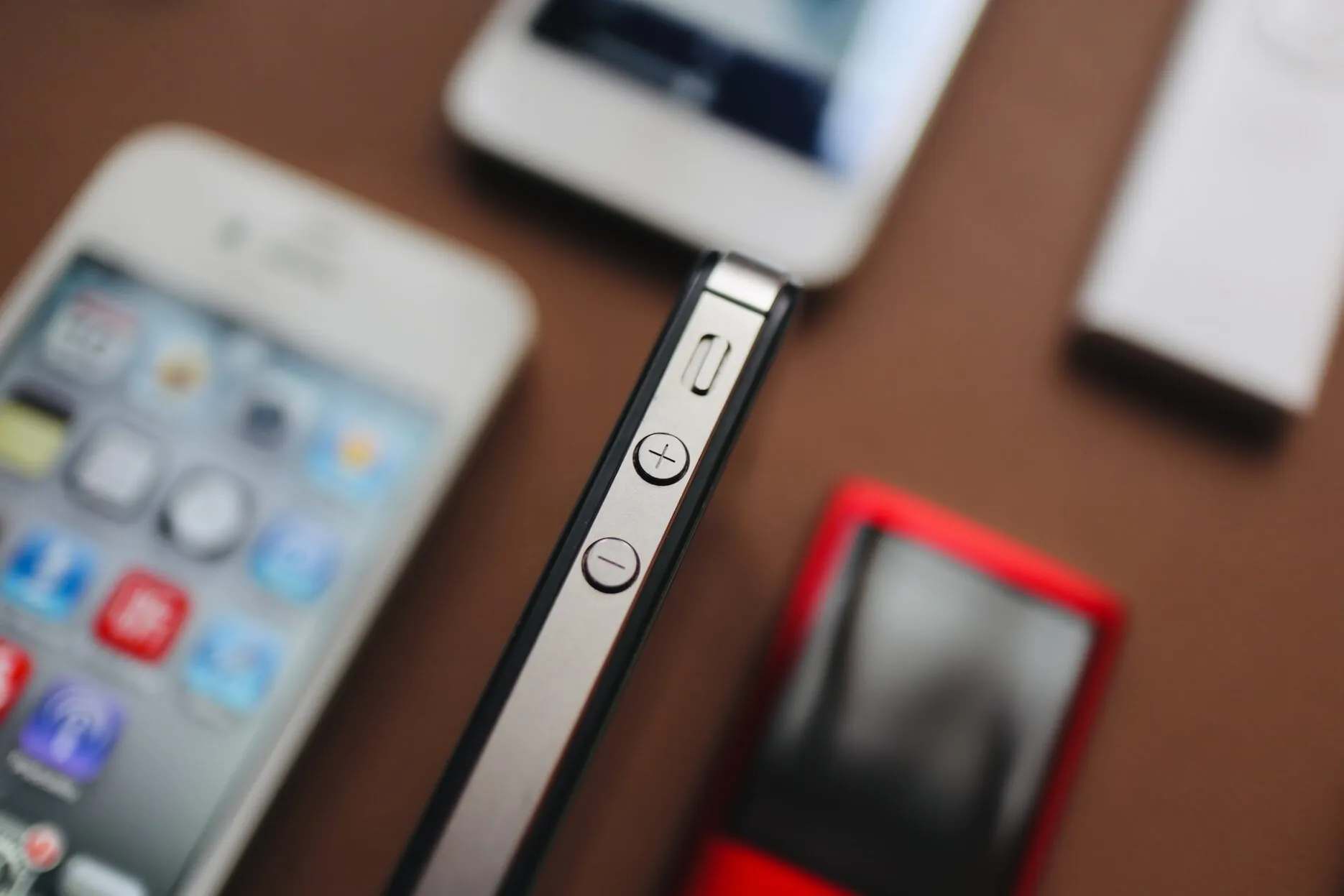Officials in China’s central government are no longer permitted to use iPhones or other foreign-branded smartphones at work or bring them into the office, the Wall Street Journal reported on September 6.
The news comes days ahead of Apple’s annual autumn event on September 12, which is also expected to coincide with the iPhone 15 and Apple Watch Series 9 launches. Apple’s NASDAQ shares were down 3.0% after news of the ban broke.
Analysts said the ban demonstrates that even foreign companies as successful in China as Apple are not immune to Beijing’s push for technological self-reliance.
Tom Forte, an analyst at the investment bank D.A. Davidson told Reuters he hoped the move would “inspire companies to diversify both their supply chain and customer concentrations to be less dependent on China in the event the tensions get worse.”
More than 95% of Apple iPhones, AirPods, Macs, and iPads are made in China, and Foxconn (headquartered in Taiwan but generates most of its revenue in China) is Apple’s primary manufacturing partner. Apple has already begun moving some of its production to manufacturing bases in India and Vietnam, after China’s anti-lockdown protests of late 2022 dealt a major blow to iPhone output.
China’s ban on iPhones parallels moves made by the US against Chinese tech companies Huawei and ByteDance. The US government banned the short video platform TikTok (owned by ByteDance) on government devices in late 2022 and has restricted Huawei’s access to chipmaking tools since 2019.
While Huawei was majorly impacted by the tariffs earlier on with sales down 29% in 2021, its latest smartphone has been heralded as evidence of the failure of the US crackdown. The Mate 60 Pro has download speeds exceeding topline 5G devices, suggesting that Huawei has figured out how to assemble 5G devices independently of the US – a major advancement in Beijing’s efforts to become technologically self-reliant.









